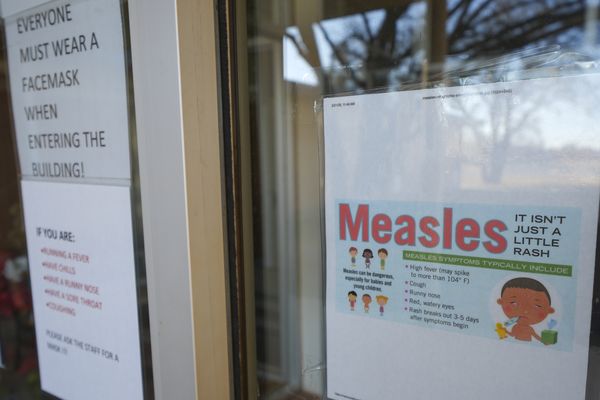
The number of Indigenous inmates imprisoned without a sentence increased by 13.2% last year, amid an ongoing boom in Australia’s remand prison population.
Campaigners say the rise perpetuates a “grave injustice”, with experts saying the housing crisis and culturally challenging bail laws are having greater impact on First Nations people.
The total number of people in jail on remand has nearly doubled across Australia over the past decade, while the nation’s sentenced prison population has increased just 1.5%, according to data from the Australian Bureau of Statistics. People on remand are those kept in police custody pending trial.
Overall prisoner numbers rose 3.3% annually in 2023, with unsentenced prisoners up 7.2%, caused largely by increases in Queensland, Western Australia and the Northern Territory.
Indigenous Australians made up 61% of the rise in unsentenced prisoner numbers.
Lorana Bartels, a professor of criminology at the Australian National University, said Australia is incarcerating more people on remand as a result of the housing crisis, as those without secure accommodation are less likely to be granted, or apply for, bail.
“It’s a truism that there will always be a bed for you in prison, even if there isn’t one anywhere else,” she said.
“We know, of course, that Indigenous people are more likely to not have stable housing, have a prior record, and not have employment. So you’re seeing a constellation of factors which will combine to make it harder for them to meet those requirements for bail.”
Bartels said 61% of people in prison have previously been incarcerated, which is an indication the system isn’t “working well”.
“Prison is increasingly becoming the place where we warehouse people with complex social problems,” she said.
Prof Susan Dennison from Griffith Criminology Institute said other reasons the unsentenced prisoner population had increased could include fewer people applying for bail and more being denied bail due to previous criminal history or a previous record of breaching bail.
“First Nations people may be disproportionately impacted by breach of bail offences … due to [bail conditions] that impact their cultural way of life,” she told Guardian Australia.
“Those restrictions can be very difficult to meet for many people.”
Dennison said even a short amount of time on remand can be incredibly disruptive for communities and families.
“Even going into prison for a couple of weeks can have detrimental flow-on effects,” she said.
People are spending up to 12 months on remand, according to Dennison, which inhibits their access to rehabilitative services that support their ability to readjust to life outside.
“It’s not just a correctional system problem. It’s a whole kind of social welfare problem that really needs to be addressed here,” she said.
Maggie Munn, a Gunggari person and national director at Change the Record, said the increased number of unsentenced First Nations people is a “grave injustice.”
“Imprisonment – especially for minor offences, and for all children – should be seen as a last resort,” they said.
Munn said the “fear-mongering of politicians in their race to the bottom” has eroded the facts.
“The number of incarcerated people is not necessarily the result of increased criminal activity – rather the result of unfair, unjust and discriminatory government laws, in particular bail laws which have disproportionately impacted marginalised communities,” they said.
“Prisons have been shown to be extremely costly, damaging and ultimately ineffective at reducing crime.
“We need governments to show leadership and support programs like justice reinvestment that we know work for our people.”
The Albanese government on Thursday announced the first nine recipients of its local justice reinvestment initiatives, which will eventually see $79m spent on 30 projects nationwide.
Justice reinvestment is a long-term, community-led approach to preventing crime, improving community safety and reducing the number of First Nations people in custody.
“Aboriginal and Torres Strait Islander people are unacceptably overrepresented at every point in the justice system,” said Katy Gallagher, the acting attorney general.
“This is a community-led approach to improving the lives of First Nations people and strengthening community safety.”







